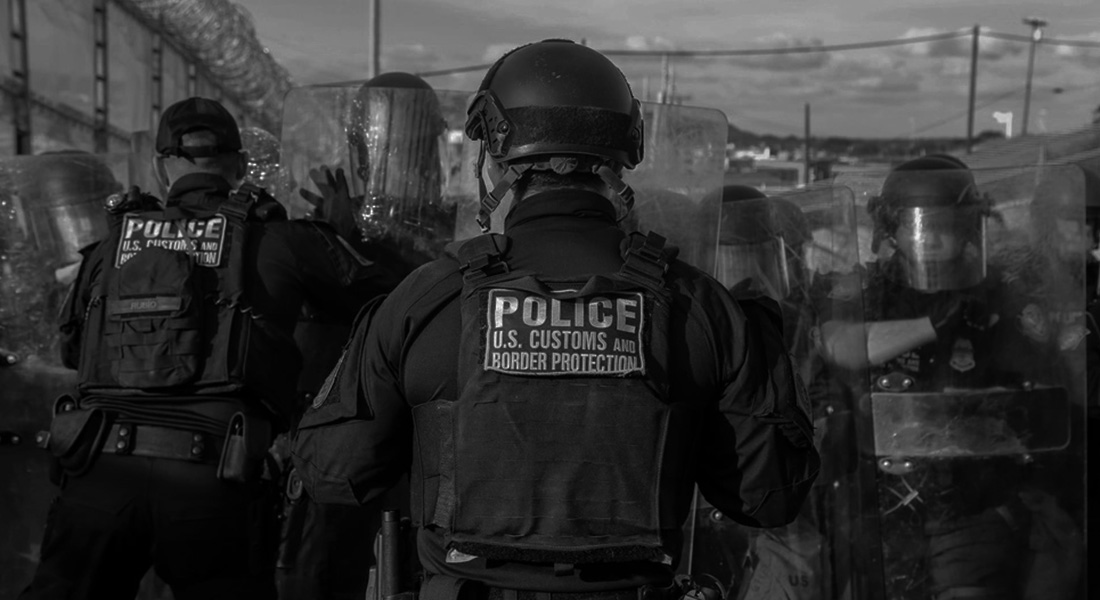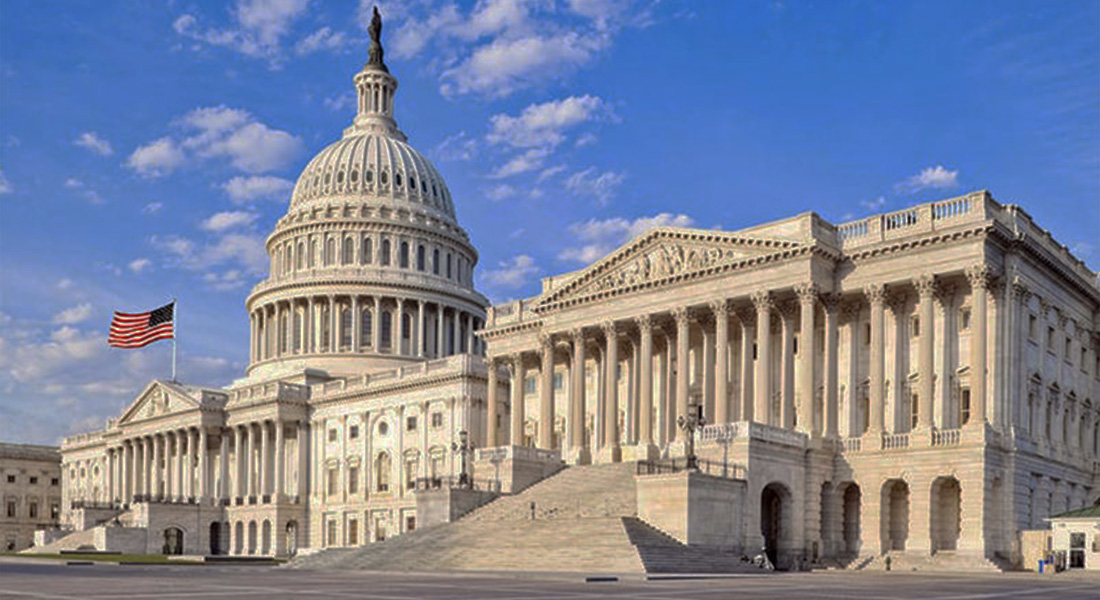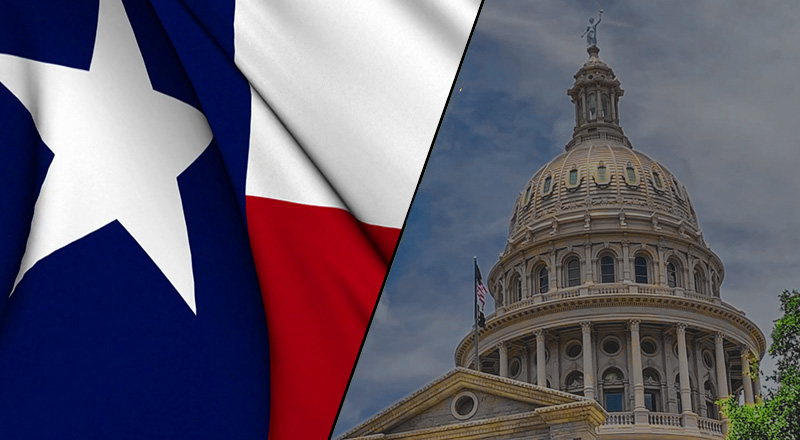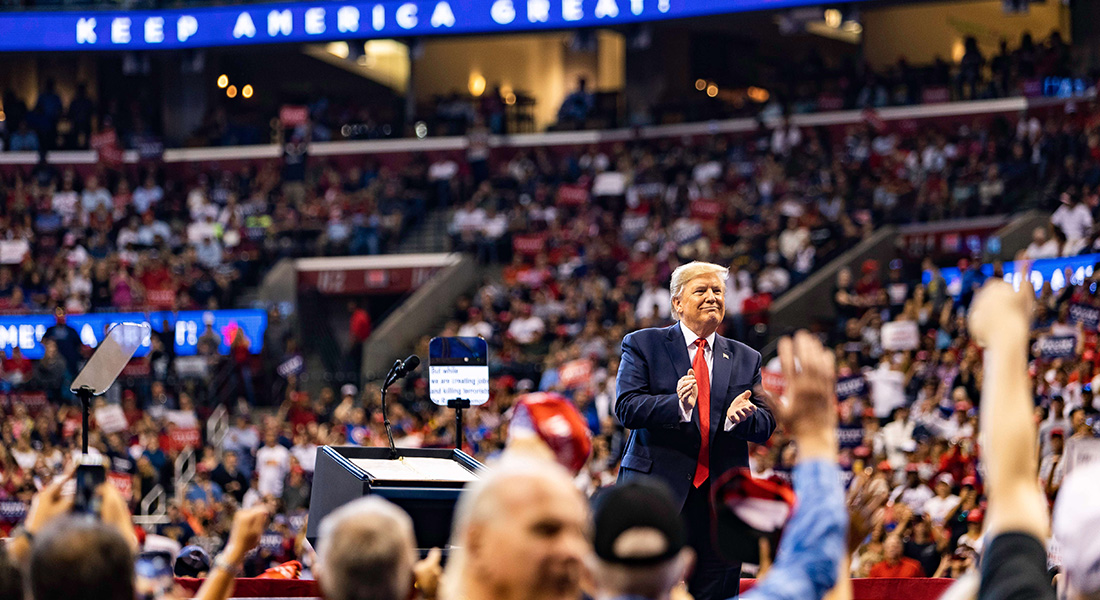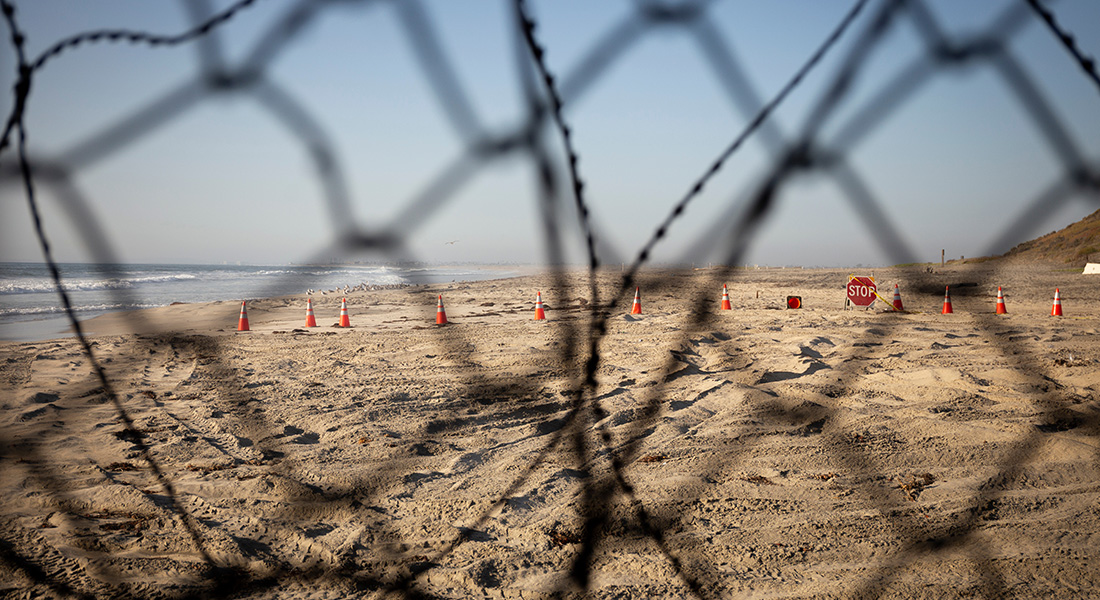
In today's interconnected world, securing borders is of utmost importance. Just like how we lock our doors to protect our homes, countries need to secure their borders to protect their citizens and prevent illegal activities. The United States, with its vast borders, faces numerous challenges when it comes to border security. The downside of not securing the US border can have far-reaching consequences that affect national security, the economy, and public safety.
An unsecured border poses significant national security risks. Without proper border control, it becomes easier for individuals with malicious intent to enter the country undetected. This can lead to various security threats, including terrorism, human trafficking, and drug smuggling. A secure border is essential for preventing potential threats from entering the country and endangering the lives of its citizens.
The unchecked flow of illegal goods and undocumented individuals across the border can have detrimental effects on the economy. It can lead to the loss of jobs for legal residents, depress wages, and strain public resources. Additionally, it can contribute to the proliferation of counterfeit products and tax evasion, further undermining the economy. By securing the border, the government can exert greater control over the flow of goods and people, ultimately benefiting the economy.
Not securing the US border also poses risks to public safety. The influx of illegal drugs, weapons, and criminal elements can impact communities across the country. Unregulated border crossings provide opportunities for criminal activities, leading to an increase in violence and organized crime. Securing the border is crucial for maintaining public safety and upholding the rule of law within the country.
Inadequate border security can result in a myriad of consequences that extend beyond national security, economy, and public safety. It can lead to social and cultural challenges, strain public services, and undermine the overall integrity of the immigration system.
Unregulated border crossings can give rise to social and cultural challenges within local communities. The influx of undocumented individuals can create tensions and strain resources, leading to social unrest. Additionally, it can pose challenges in integrating immigrants into society, impacting social cohesion and cultural dynamics.
A porous border can strain public services, including healthcare, education, and law enforcement. The unregulated influx of individuals can overwhelm resources meant for citizens and legal residents, leading to increased pressure on public infrastructure and services. This can have a direct impact on the quality and accessibility of public services for those who are entitled to them.
The lack of border security can undermine the integrity of the immigration system. It can incentivize illegal immigration and human smuggling, complicating legal immigration processes and creating loopholes in the system. This can erode the legitimacy of immigration laws and procedures, leading to a breakdown in the overall immigration framework.
In conclusion, the downside of not securing the US border encompasses a wide range of implications that extend beyond national security. By prioritizing border security, the United States can mitigate security risks, bolster the economy, ensure public safety, and maintain the integrity of its immigration system. Securing the border is essential for safeguarding the nation's interests and protecting the well-being of its citizens.


